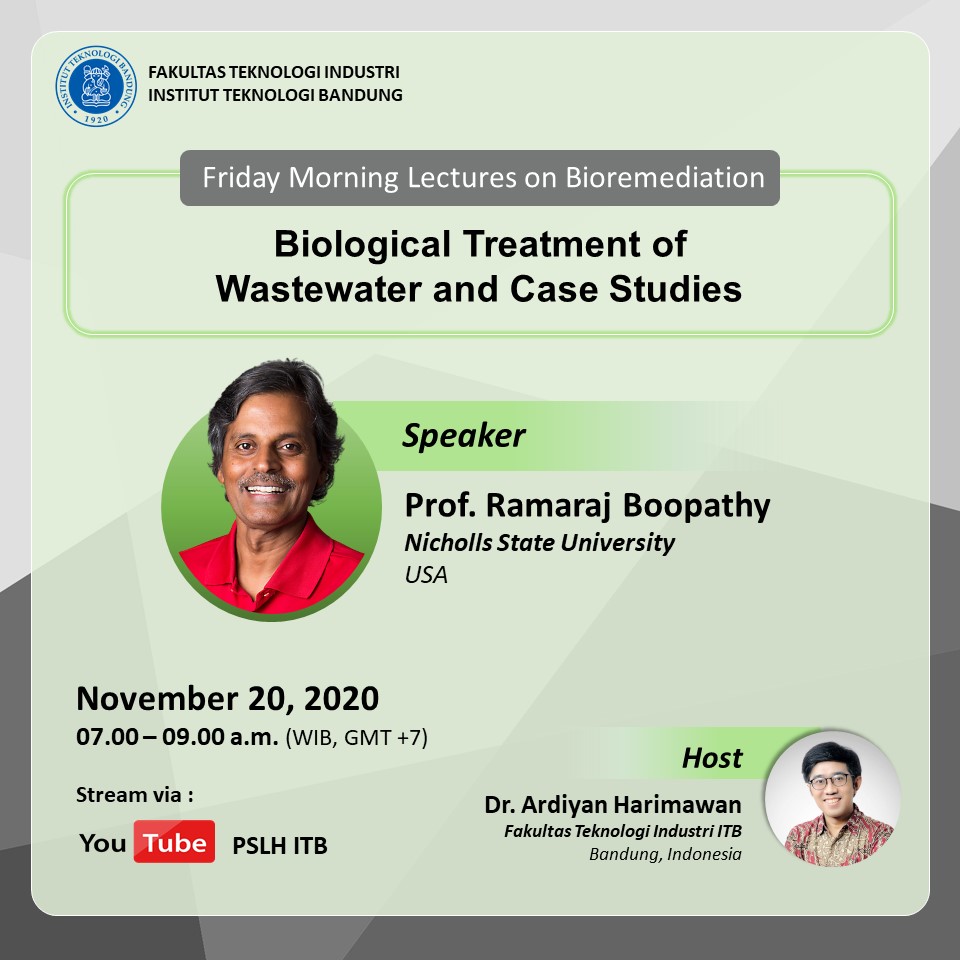[:id]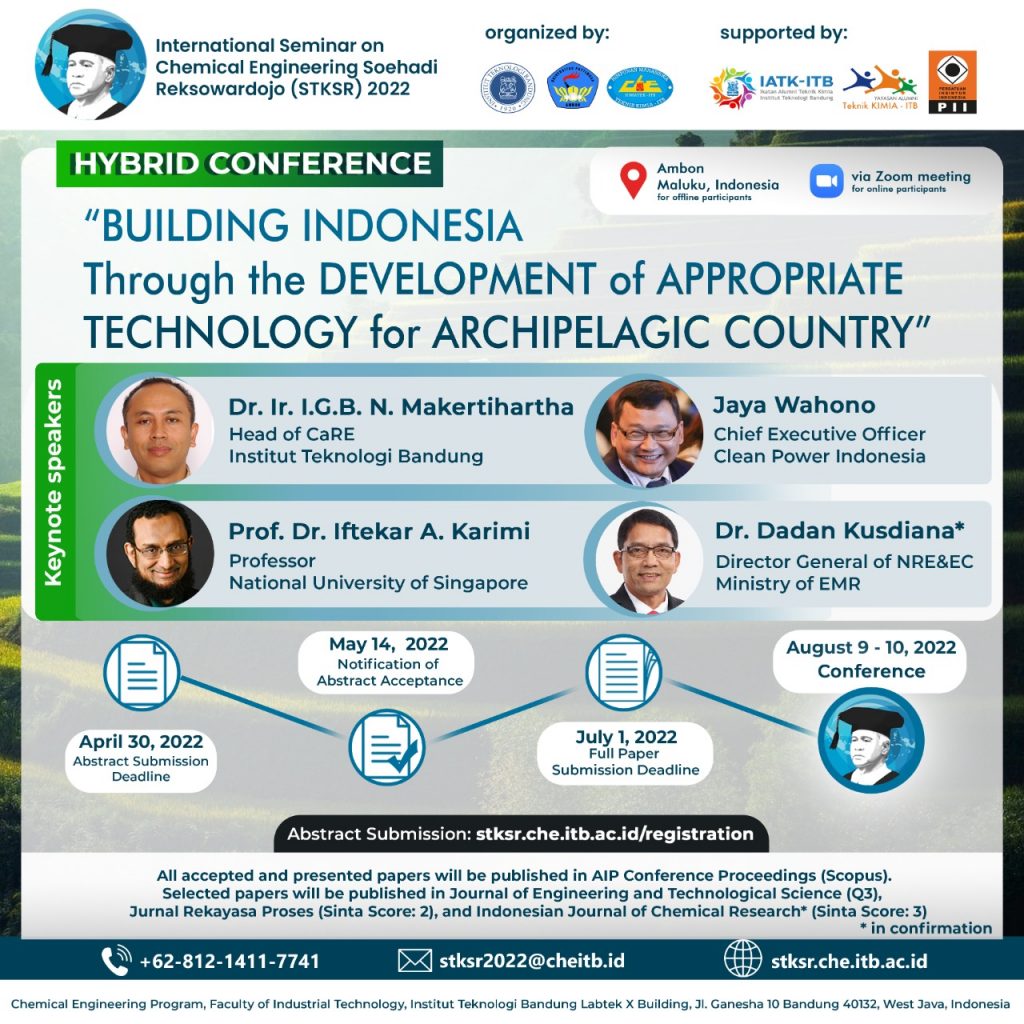
“Segala perairan di sekitar, di antara, dan yang menghubungkan pulau-pulau yang termasuk daratan Negara Republik Indonesia tanpa memandang luas atau lebarnya adalah bagian-bagian yang wajar dari wilayah daratan Negara Republik Indonesia…”
(Djuanda Kartawidjaja, 1957)
Sudah saatnya kita mulai memikirkan bagaimana mengembangkan teknologi-teknologi milik sendiri yang padan diterapkan di Indonesia sebagai suatu negara kepulauan
FTI ITB dan Universitas Pattimura mengundang para peneliti, praktisi, dan pengembang teknologi untuk berdiskusi bersama dalam International Seminar on Chemical Engineering (STKSR) 2022 yang bertajuk “Membangun Indonesia melalui Pengembangan Teknologi Padan Negeri Kepulauan”.
Informasi lebih lanjut dan pendaftaran dapat dilihat melalui laman stksr.che.itb.ac.id.[:en]
“All the waters around, in between, and those that connect the islands that include the mainland of the Republic of Indonesia regardless or widespread is the reasonable parts of the land area of the Republic of Indonesia …”
(Djuanda Kartawidjaja, 1957)
It is time for us to start thinking about how to develop its own-owned technology that is applied in Indonesia as an archipelago
FTI ITB and Pattimura University invited researchers, practitioners and technology developers to discuss together in the International Seminar on Chemical Engineering (STKSR) 2022 titled “Building Indonesia through the development of archipelagic state technology”.
Further information and registration can be seen through page stksr.che.itb.ac.id.[:]

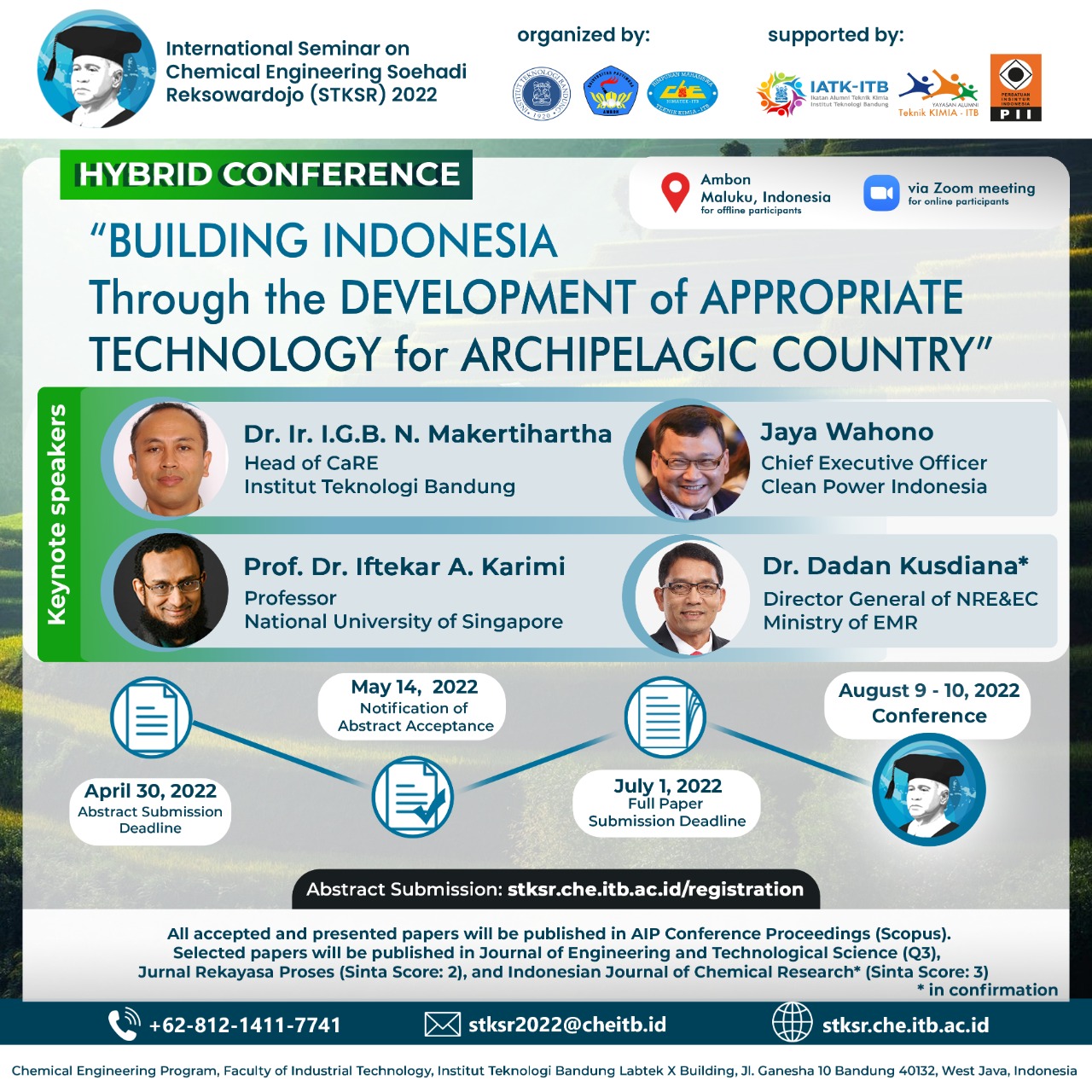
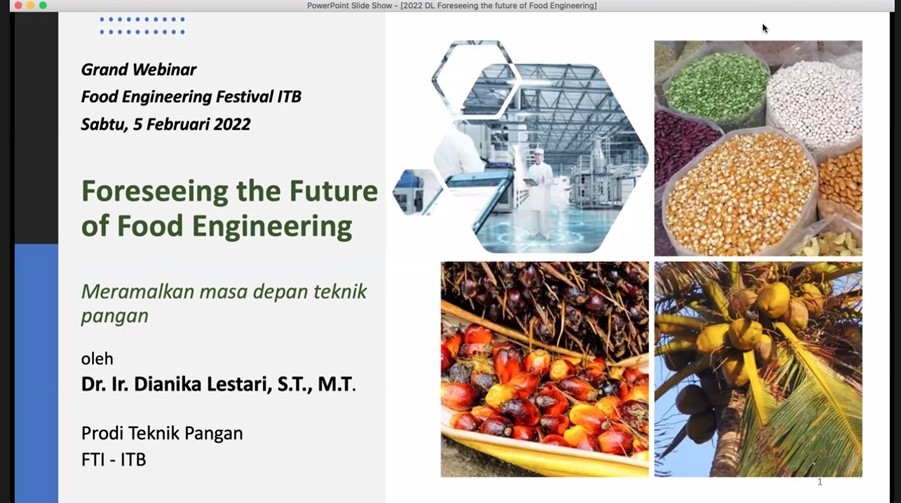



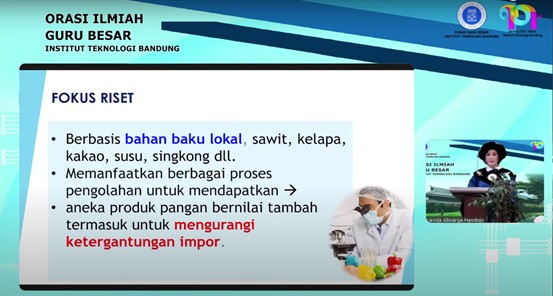




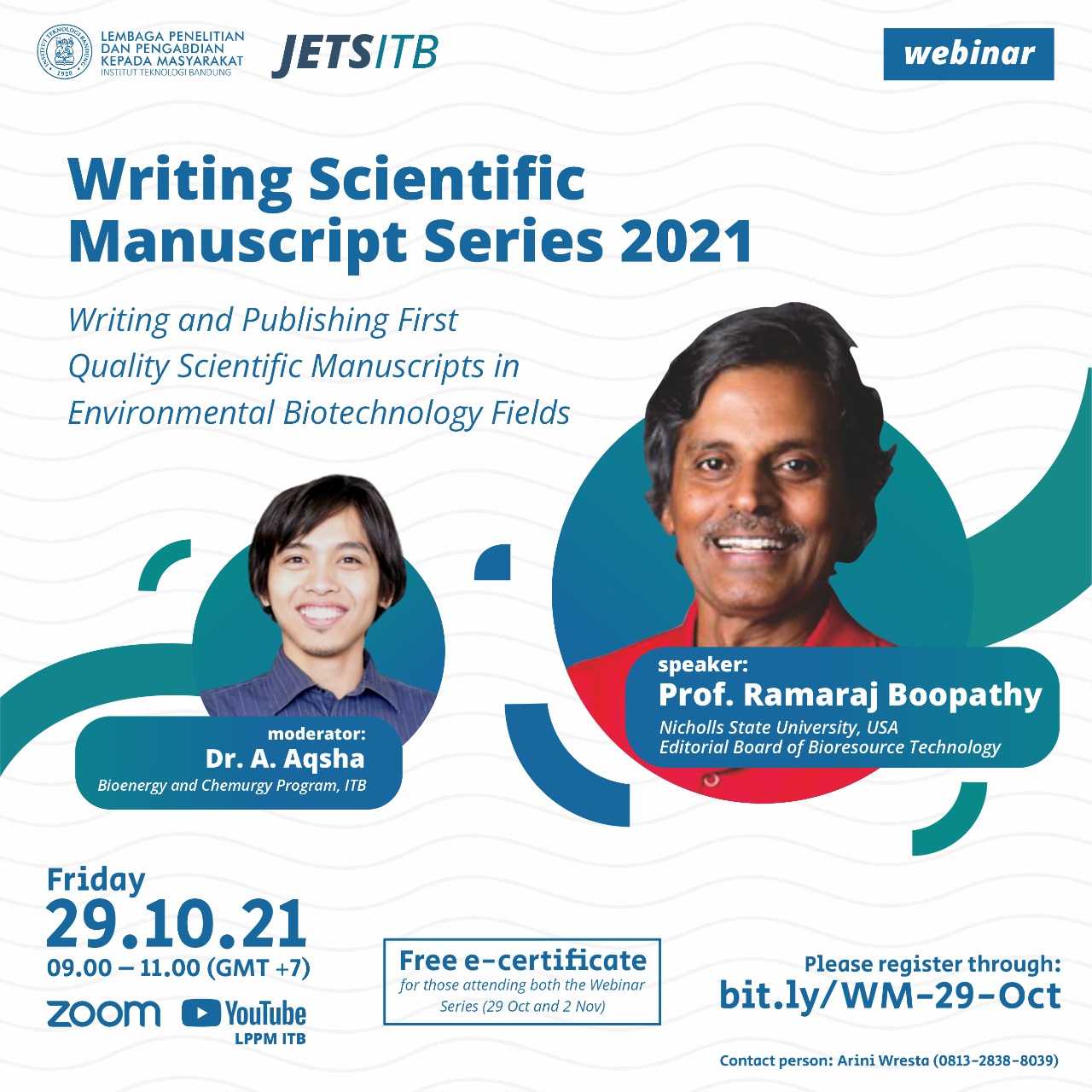
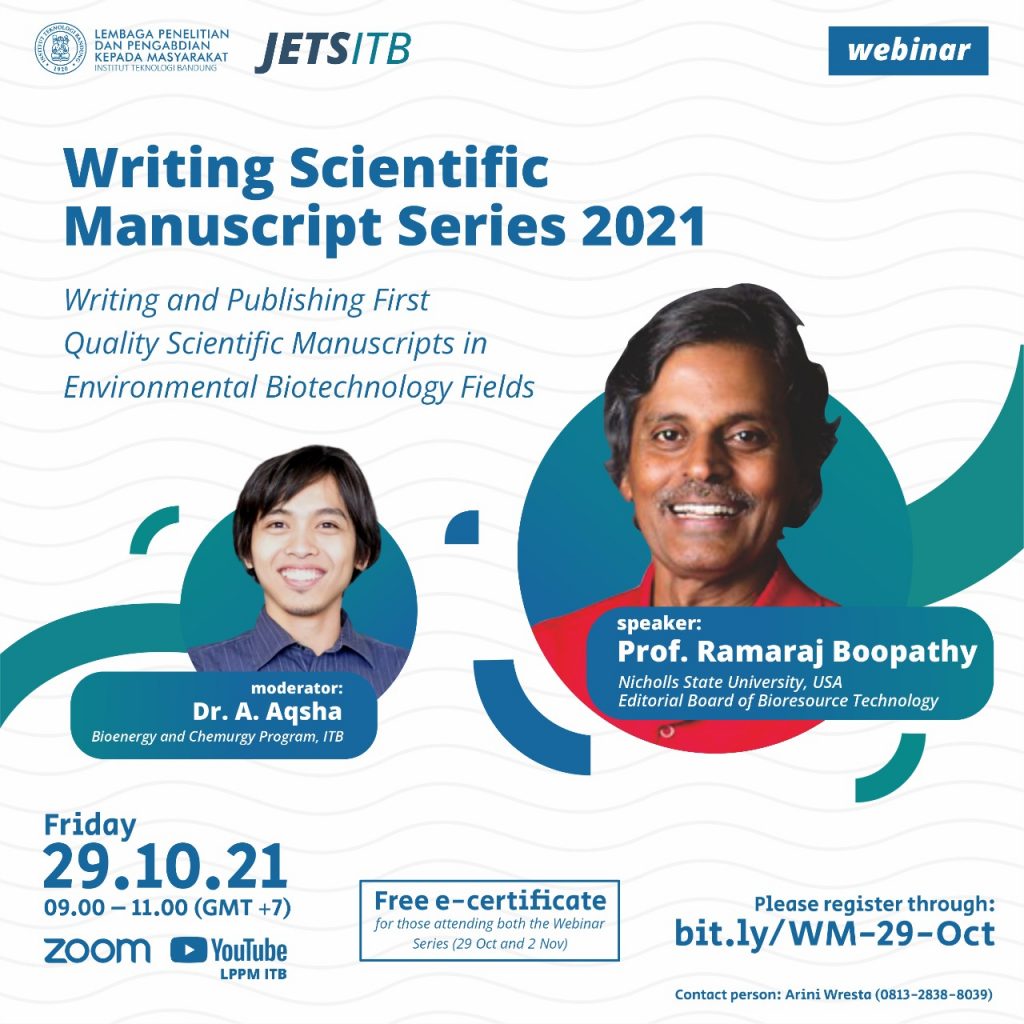
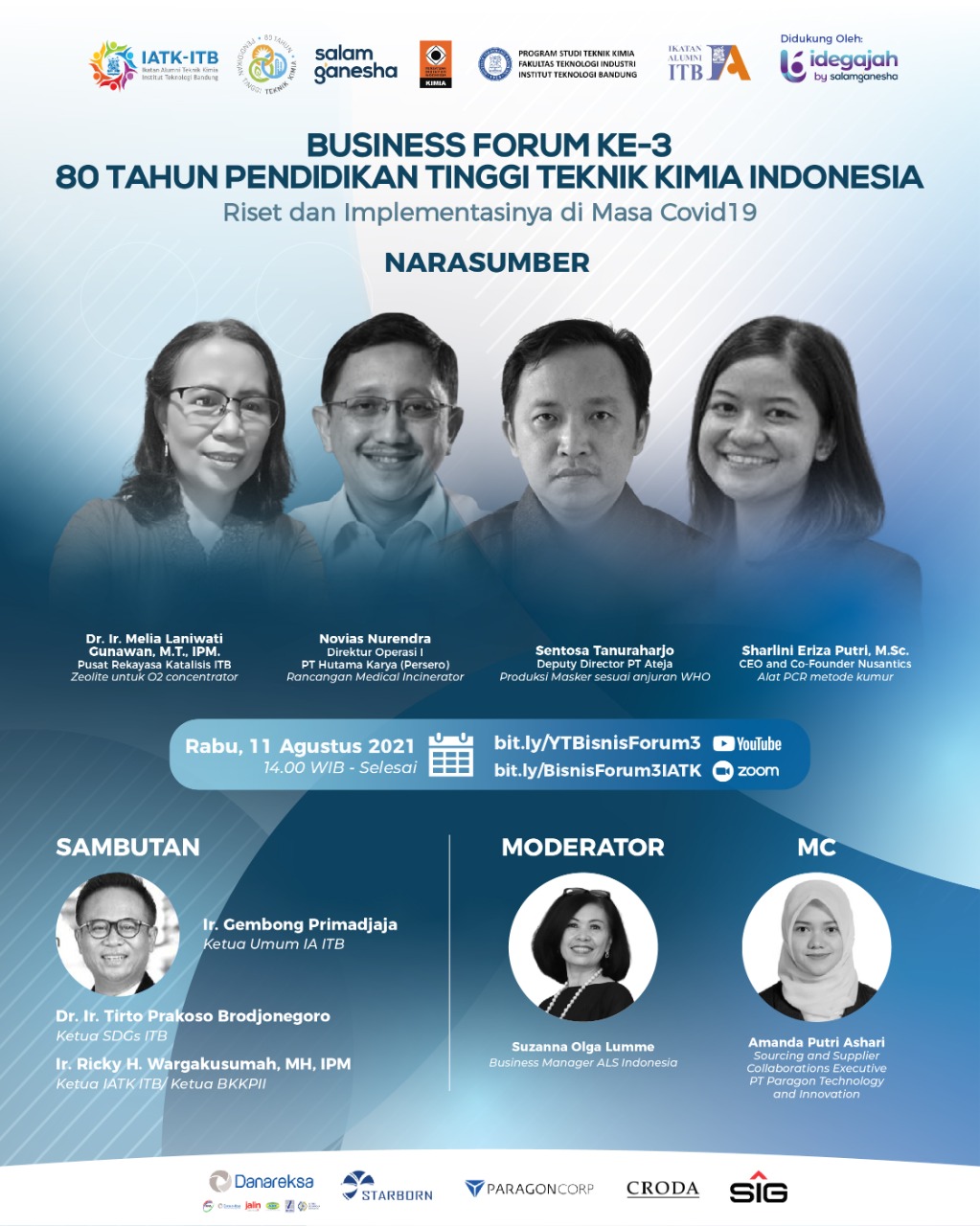
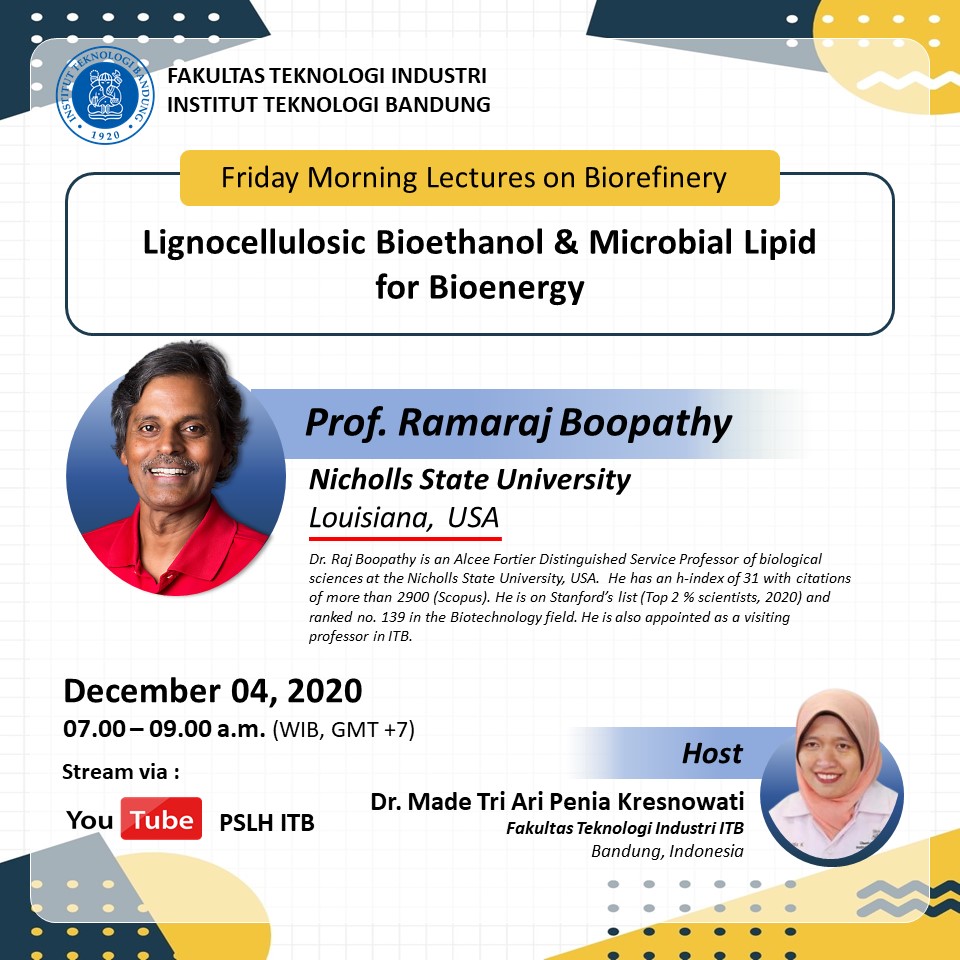

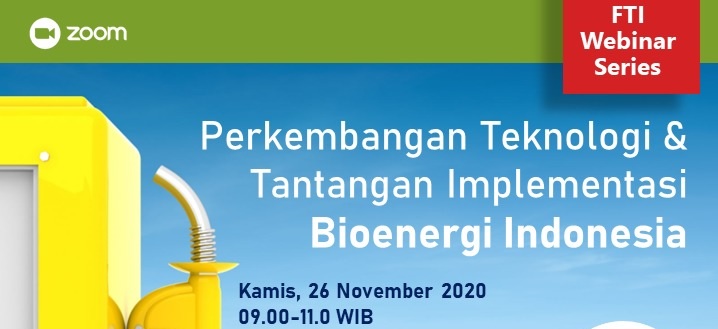

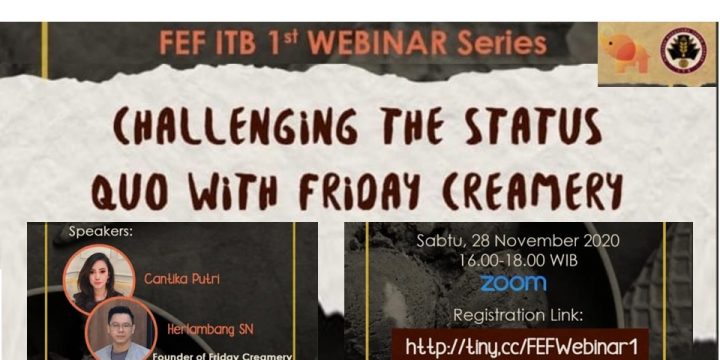
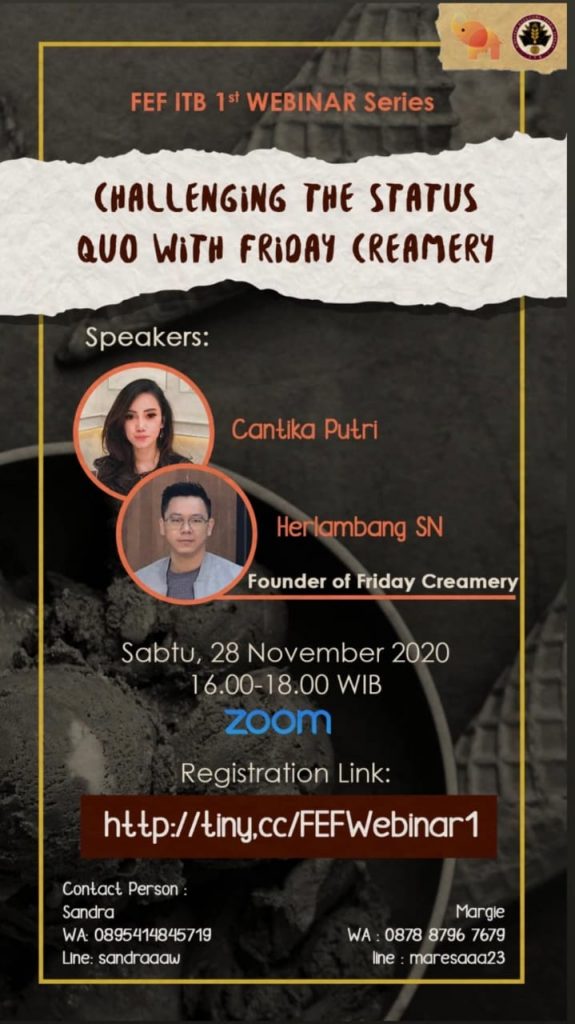
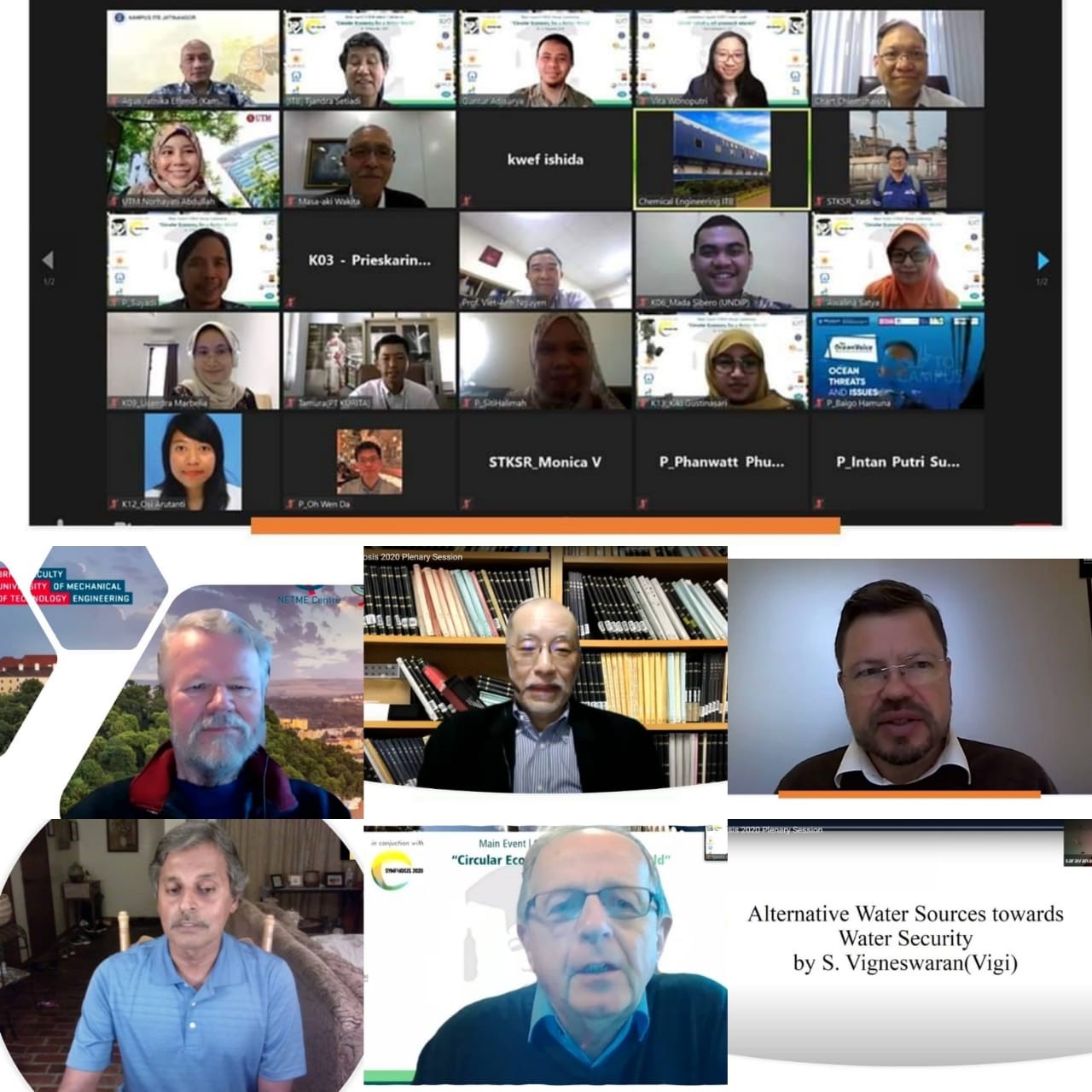
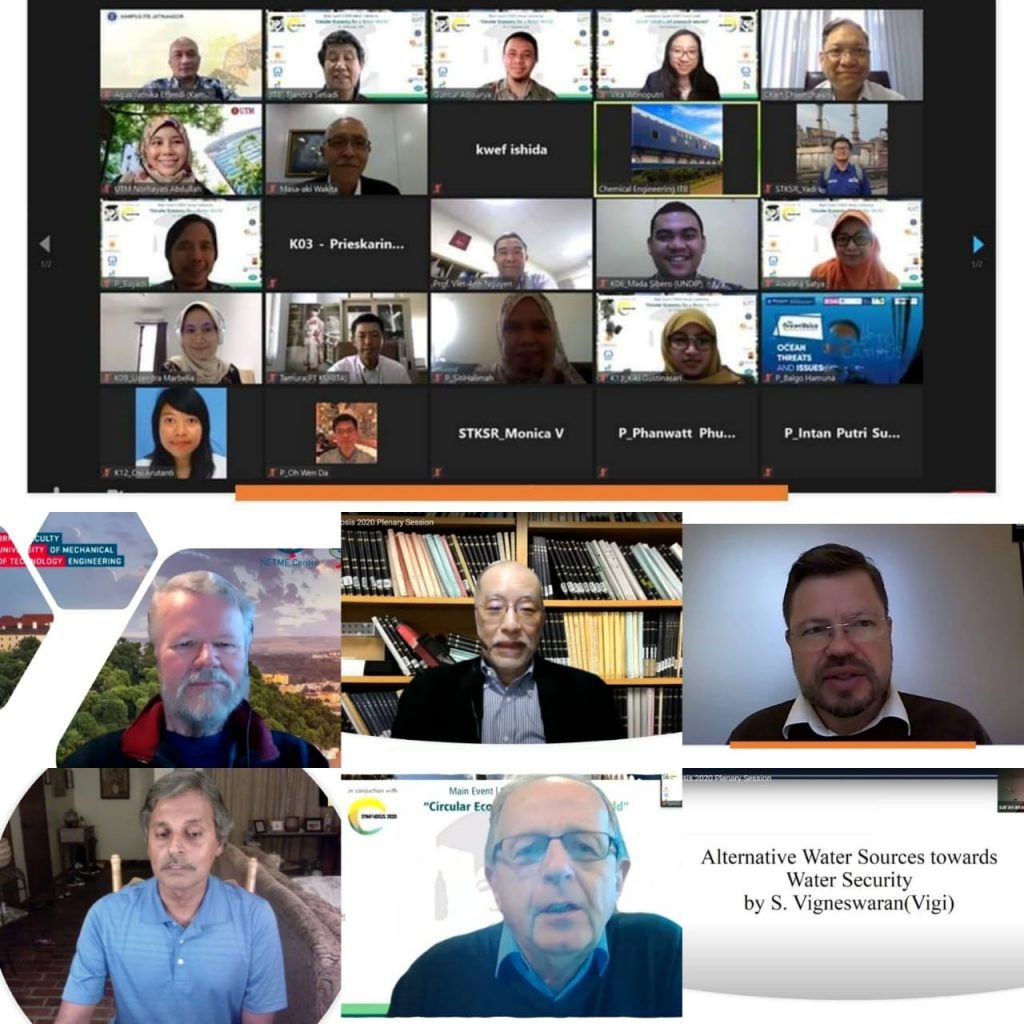
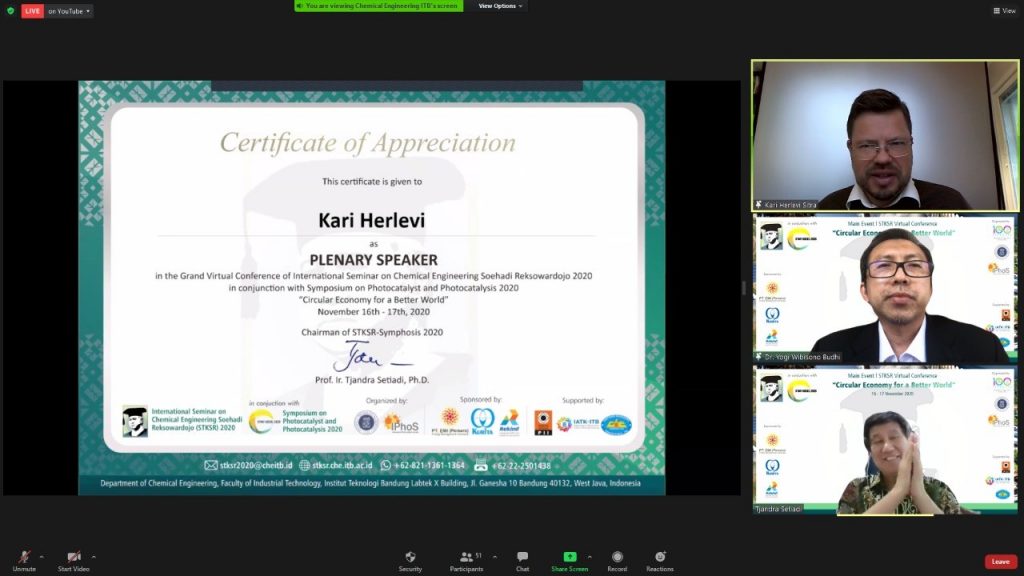
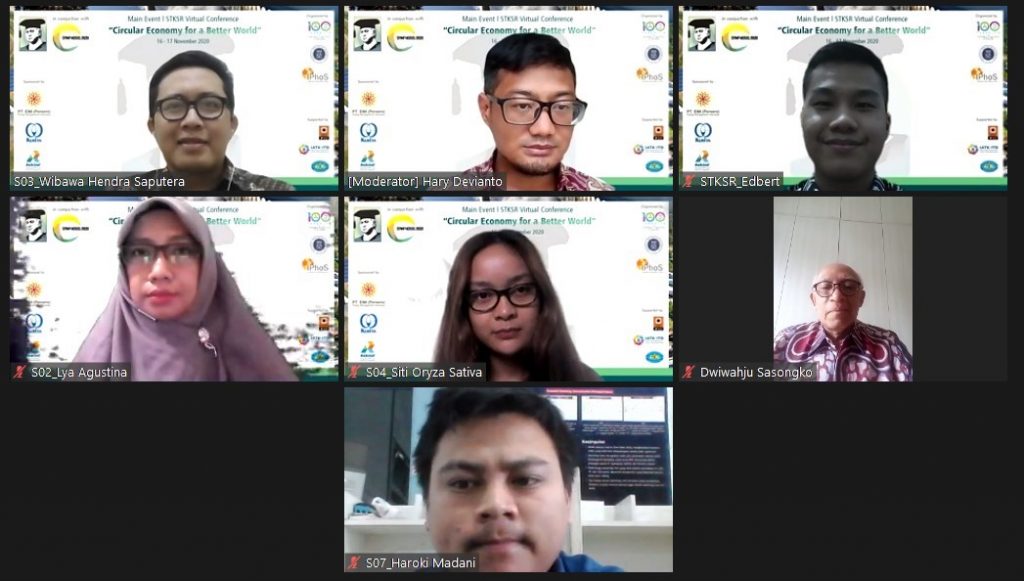
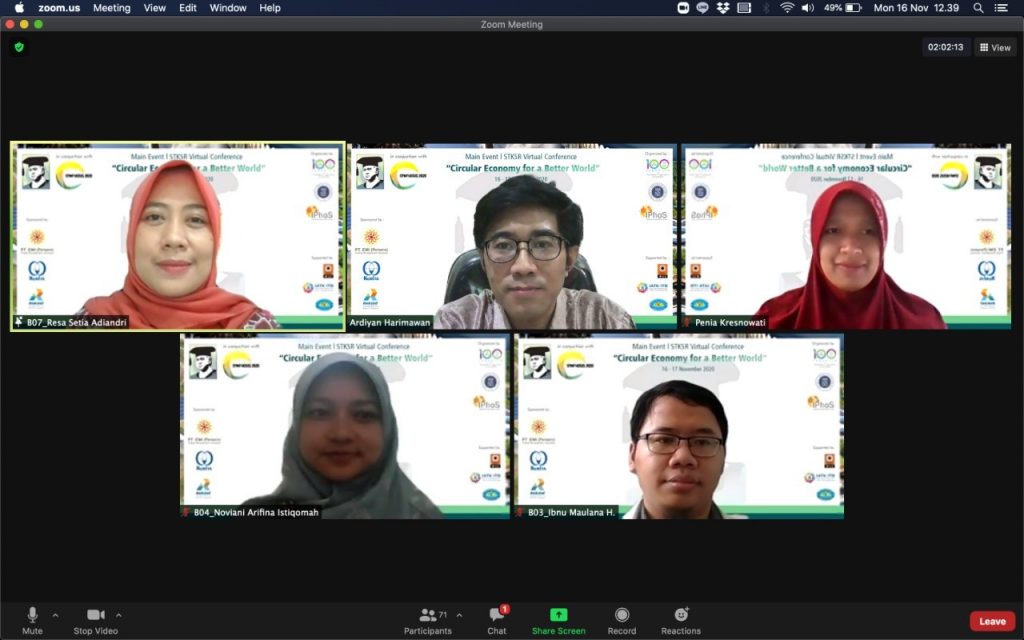 [:en]International Seminar on Chemical Engineering Soehadi Reksowardojo (STKSR) is an annual seminar held by the Department of Chemical Engineering of Institut Teknologi Bandung (ITB) to commemmorate the contributions of Soehadi Reksowardojo in the advancement of chemical engineering education. STKSR 2020 with Symphosium on Photocatalyst and Photocatalysis (Symphosis) has successfully been held through the platform Zoom on November 16-17, 2020, with the theme “Circular Economy for a Better World”.
[:en]International Seminar on Chemical Engineering Soehadi Reksowardojo (STKSR) is an annual seminar held by the Department of Chemical Engineering of Institut Teknologi Bandung (ITB) to commemmorate the contributions of Soehadi Reksowardojo in the advancement of chemical engineering education. STKSR 2020 with Symphosium on Photocatalyst and Photocatalysis (Symphosis) has successfully been held through the platform Zoom on November 16-17, 2020, with the theme “Circular Economy for a Better World”.